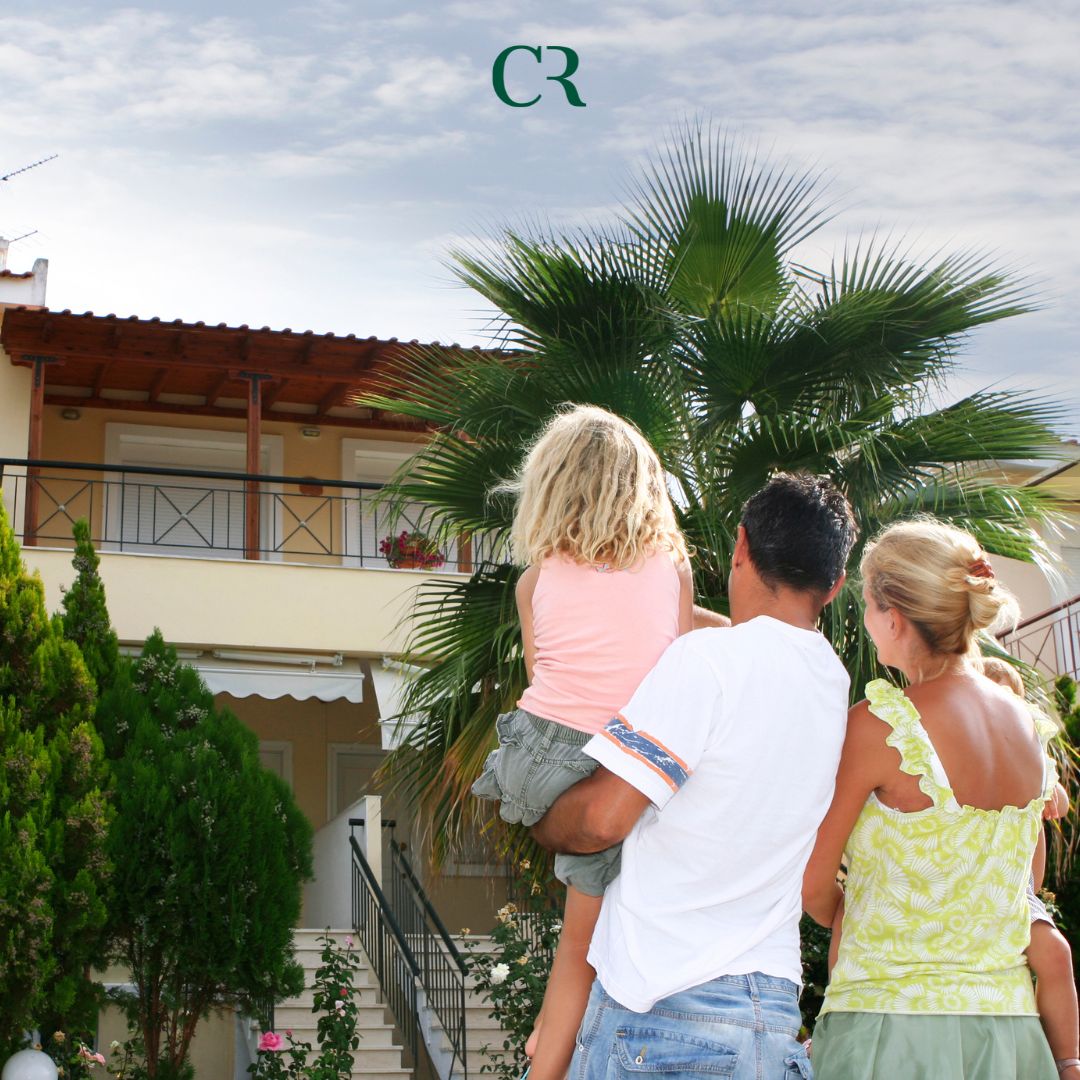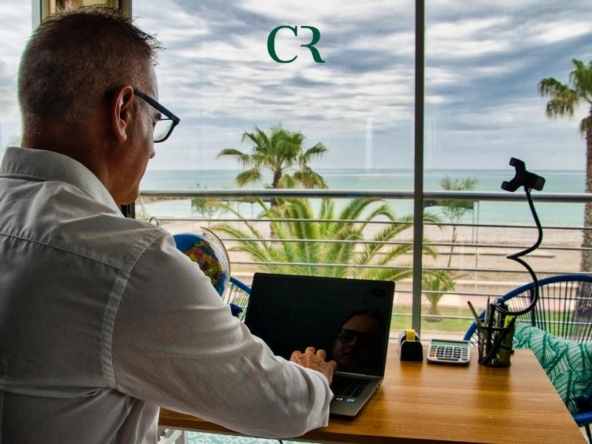Buying a home in Spain from another country can seem like a daunting task, but with the right information and resources, this process can be relatively straightforward and rewarding. Spain, with its sunny climate, rich culture, and affordable cost of living, is an attractive destination for international buyers.
This article provides a detailed guide to help you navigate the process of purchasing a property in Spain from abroad, ensuring that each step is completed efficiently and smoothly.
How to buy a home in Spain from another country?
Initial Research
The first step in buying a home in Spain is to do thorough research on the property market. It’s crucial to understand the areas you’re interested in and the property prices in those areas. Some of the most popular cities to buy property include Madrid, Barcelona, Valencia, and Malaga. Each of these cities has its own unique charm and characteristics, so it’s important to consider what lifestyle you prefer: urban, rural, or coastal.
You should also decide whether you’d rather buy a new or used home. New homes generally come with fewer maintenance issues and may offer the latest amenities and technologies, while used homes may have more character and be located in more established neighborhoods. Also, consider whether you’d like to be in an urban location with easy access to amenities and entertainment, or in a rural area where you can enjoy more peace and space.
Set a Budget
Setting a clear budget is essential before you begin your search for your new home in Spain. Not only should you consider the purchase price of the property, but also any additional costs that may arise. These include property transfer taxes (ITP) or value-added tax (VAT) for new properties, legal fees, notary fees, and maintenance expenses.
It is wise to create a detailed breakdown of all expected costs to avoid any financial surprises. Additionally, it is important to take into account exchange rates and possible fluctuations in the value of your currency against the euro, especially if you are financing the purchase from outside the euro zone.
Find a Real Estate Agent in Spain
Having a trusted real estate agent can make a huge difference when purchasing a property in Spain. A good agent will help you identify properties that meet your criteria and guide you through the buying process. Look for an agent who has experience working with foreign buyers and who can communicate with you in your language. You can find recommended agents through personal references, online searches, or by checking with professional associations of real estate agents in Spain.
It’s crucial to ask your real estate agent key questions to make sure they understand your needs and expectations. Ask about their experience with international buyers, their knowledge of the local market, and how they handle negotiations and the closing process.
Virtual or In-Person Tours
Once you’ve identified a few properties of interest, it’s time to schedule viewings. If you can’t travel to Spain to see the properties in person, many agencies offer virtual tours. These can give you a clear idea of the property’s appearance and condition. During virtual tours, pay attention to details such as the condition of the facilities, the quality of the finishes, and the layout of the spaces.
If you have the opportunity to travel, in-person tours can be even more informative, allowing you to get a feel for the neighborhood and check out details that may go unnoticed on a virtual tour.
Make an Offer
When you find a property you like, the next step is to make an offer. It’s important that your offer is realistic and based on the market value of the property. Work with your real estate agent to draft an offer that includes essential conditions, such as completing a satisfactory inspection and obtaining financing, if necessary. These conditions will protect you in case unforeseen problems arise during the process.
Hiring a Lawyer
A lawyer specializing in real estate law in Spain is essential to ensure that the purchase process is carried out legally and without setbacks. The lawyer will review the purchase-sale contract, verify that the property has no outstanding charges or debts, and ensure that all the conditions of the agreement are favorable to you. In addition, the lawyer will represent you at the signing of the contract before a notary, ensuring that all documents are in order and that the transaction is completed correctly.
Financing
If you need financing for the purchase, you should investigate the mortgage loan options available to foreigners in Spain. Many Spanish financial institutions offer mortgages to non-residents, although the conditions may vary. It is advisable to compare different offers and choose the one that best suits your needs. The application process may require the submission of additional documentation, such as proof of income, credit history, and details about the property you wish to purchase.
Signing the Purchase-Sale Contract
Once an agreement has been reached on the price and conditions of the purchase, you will need to sign the purchase-sale contract in front of a notary. This step is crucial, as the notary will verify the legality of the transaction and ensure that all parties understand and agree to the clauses of the contract. Before signing, make sure to thoroughly review all the conditions and fully understand your rights and obligations.
Payment and Registration
After signing the contract, you will make the down payment and any other necessary payments as agreed. It is important to coordinate with your lawyer and the notary to ensure that all payments are made correctly and safely. Once full payment has been made, the notary will proceed to register the property in your name at the Property Registry. This registration makes your ownership official and is a vital step in protecting your rights as the new owner.
Managing Taxes and Additional Expenses
Finally, you must make sure to pay all taxes and additional expenses associated with the purchase of the property. This includes the real estate transfer tax (ITP) or value added tax (IVA) for new properties, as well as any other applicable local taxes. In addition, you will need to cover notary fees, property registration and legal fees. It is advisable to consult with your lawyer to ensure that all these payments are made correctly and on time.
It is essential to consider that laws and procedures may differ between the different regions of Spain. Therefore, it is advisable to obtain legal and financial advice tailored to your specific situation to ensure a safe and smooth purchase.
CASAS RALUY: Real Estate Agents for Buying and Selling Homes in Spain
For those looking for a hassle-free experience and expert advice when buying property in Spain, CASAS RALUY is the best option.
With years of experience in the Spanish property market, we specialise in buying and selling homes, offering a personalised and professional service.
Our team of real estate agents in Spain is trained to meet the needs of international buyers, ensuring that each transaction is carried out in a transparent and effective manner.
Contact us if you need more information.







